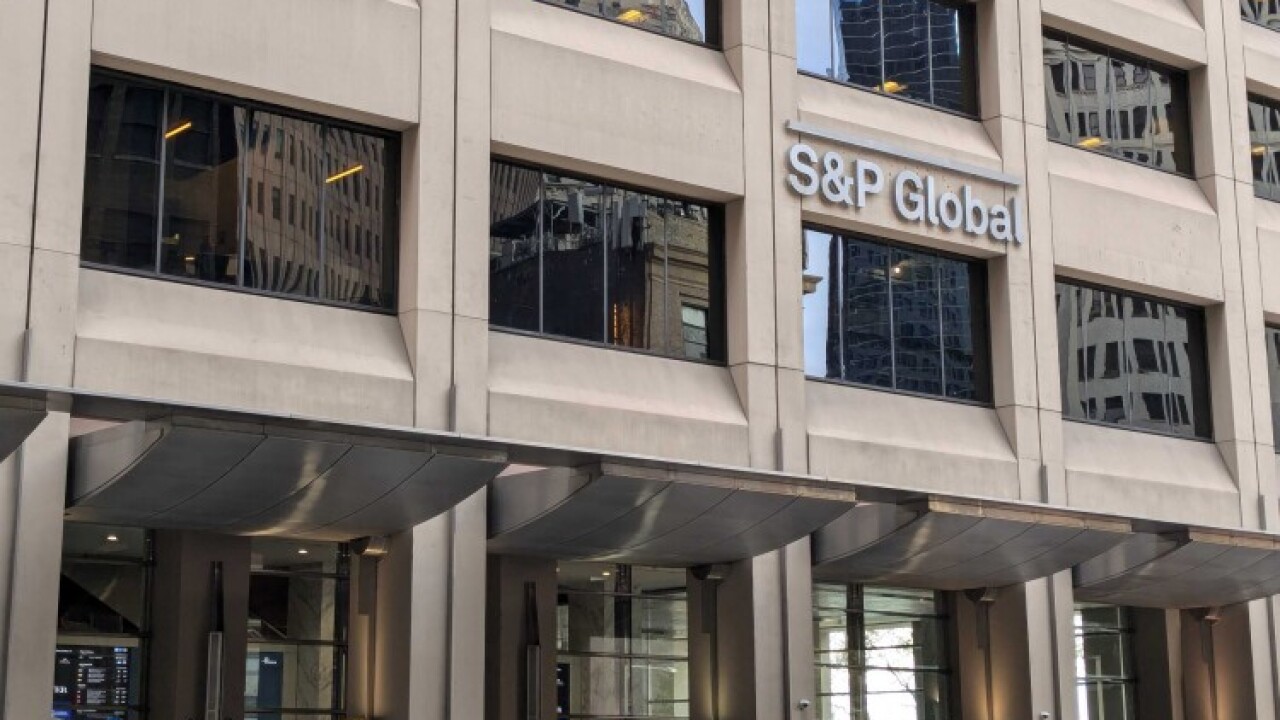DALLAS – Sales tax growth in Texas slowed from double-digit levels but still grew 7.3% year-over-year to an October record of $2.6 billion, according to Texas Comptroller Glenn Hegar.
Statewide sales tax collections have set records for every month in 2018.

“Growth in state sales tax revenue continues to be strong, while moderating from the double-digit pace of recent months,” Hegar said. “The rate of growth in sales tax collections continues to be highest from oil- and gas-related sectors.”
With oil prices above $60 per barrel, production taxes soared 52.4% year over year to $439.9 million, Hegar reported.
Motor fuel taxes collected at the pump bucked the trend, falling 4.2% to $298 million while taxes on vehicle sales and rentals fell 2.6% to $438.4 million.
Total sales tax revenue for the three months ending in October 2018 was up 12.6% compared to the same period a year ago. The sales tax is the largest source of state funding for the state budget, accounting for 57% of all tax collections.
In September, statewide sales tax collections soared 14.8% to $2.7 billion, the highest monthly percentage increase on record.
“While the fastest growth in tax collections was fueled by business spending, especially in oil- and gas-related sectors, robust consumer spending spurred significant increases from restaurants and retail trade as well,” Hegar said of the September results.
If there is any discouraging news on the Texas horizon, the falling price of oil over the past month could qualify.
Another economic damper could come from President Trump’s deployment of troops along the border, according to Texas economist Ray Perryman, president of The Perryman Group.
At political rallies, Trump has denounced the caravan of refugees from Latin America as an “invasion” that includes criminals and “Middle-Easterners.”
"The deployment increases feelings of uncertainty about the area's stability," Perryman said, "and it could discourage business investment, tourism, and other desirable economic activity. The presence of troops has historically impacted shoppers and employees in a variety of sectors, discouraging them from full participation in their normal activities."
The Perryman Group estimates that when multiplier effects are considered, costs to the U.S. economy of deploying troops to the Lower Rio Grande Valley include almost $2 billion in total expenditures and $959 million in gross product per year of deployment, as well as 10,241 jobs due to weaker performance. The costs are above and beyond the direct expense to the U.S. government of having the troops in the area, Perryman said.
The total losses in the local Lower Rio Grande Valley area from weaker economic performance during deployments are estimated to be over $1.2 billion in total yearly expenditures, almost $706.9 million in gross product each year, and 8,647 jobs when multiplier effects are considered, Perryman said.
"The security of our borders is clearly an important issue, but it should be recognized that economic performance is dampened during times when troops are deployed and such measures should be reserved for severe and genuine threats,” Perryman said. “Less intrusive and more effective and appropriate measures are worthy of consideration."
In September, local sales tax collections in Brownsville on the southern tip of Texas were down almost 1.5% in a month when local sales tax collections statewide were up 11.5%, Hegar reported. In nearby McAllen, revenues climbed 12.7%. In Laredo, sales tax revenues were down 3.75% while El Paso on the western tip of Texas recorded a 3.8% increase.





